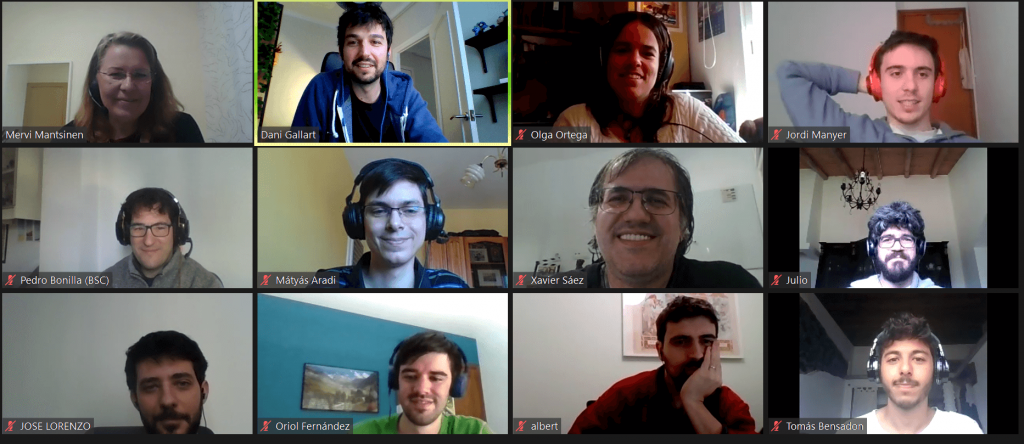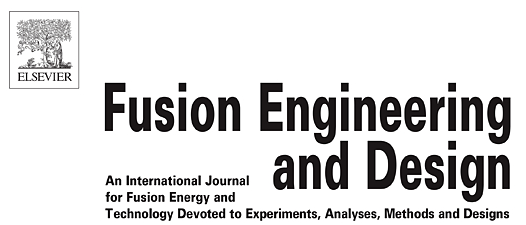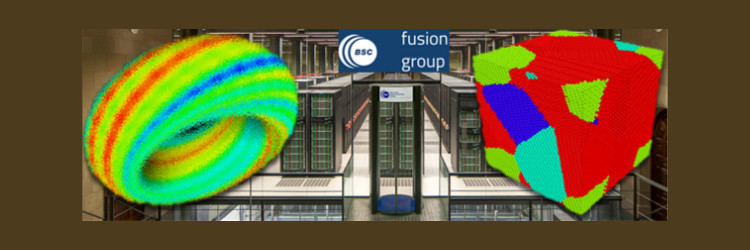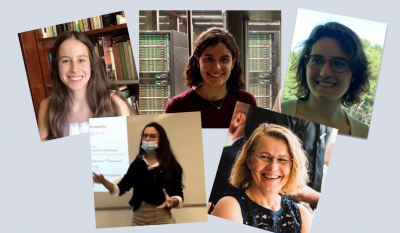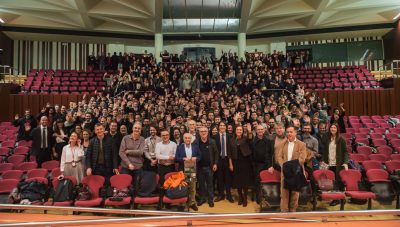
We are looking for researchers in computational physics, computers science, engineering or related fields to join our Fusion group (fusion.bsc.es) at the Department of Computer Applications in Science and Engineering (CASE) of Barcelona Supercomputing Center. The objective of our group is to enhance modelling capabilities in fusion by code development, validation, integration and optimization including the use of advanced HPC techniques.
We work closely towards the objectives of EUROfusion (www.euro-fusion.org), the European fusion research programme for Horizon 2020 and Horizon Europe, in collaboration with Fusion for Energy (F4E), ITER, International Tokamak Physics Activity, and the Spanish national fusion laboratory CIEMAT. Given the number of projects we are involved in, we have the possibility to match our project needs and the candidate interests and profile when deciding on the tasks to be carried out.
Please check here for more details and for a link to send in your application.

